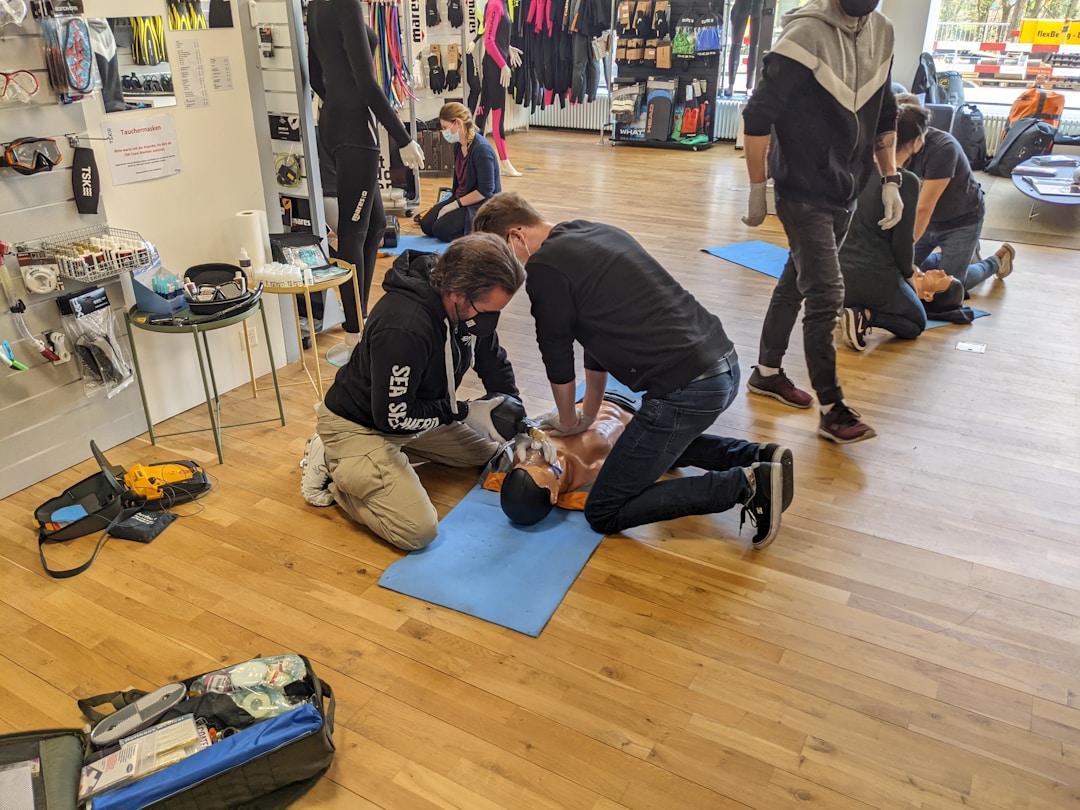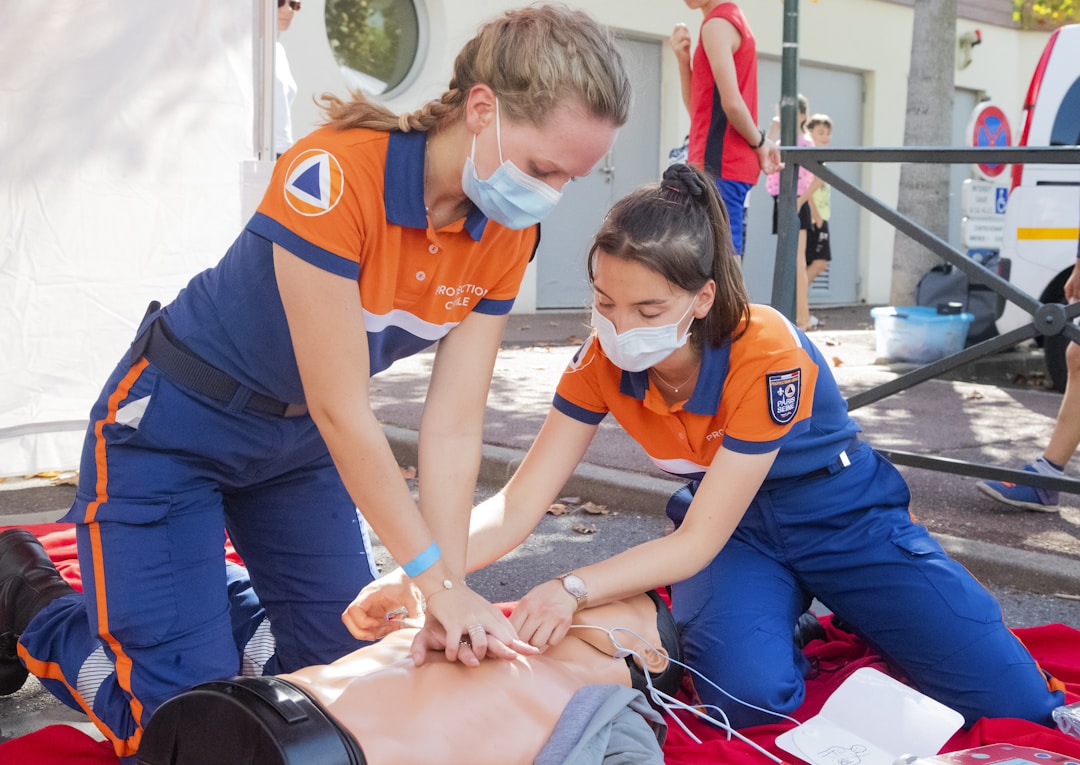Why Everyone Should Get CPR Certified: Benefits Beyond the Basics
CPR certification is not just a requirement for healthcare professionals; it’s a crucial skill that can make a significant difference in emergencies that occur in everyday life. By having the ability to perform CPR, you become an invaluable asset to your community, family, and friends. Navigating through a cardiac emergency can be daunting, but with the right training, anyone can learn the techniques to save a life. This article will explore the various benefits of CPR certification, touching on aspects that go beyond mere obligation. Keep reading to understand why this lifesaving skill is essential for everyone.
Understanding the Importance of CPR Certification in Everyday Life

CPR, or cardiopulmonary resuscitation, is a vital lifesaving skill that helps keep blood and oxygen flowing during cardiac arrest. Quick action can mean the difference between life and death, especially when emergencies happen before help arrives. Whether at home, work, or in public, having someone nearby who’s CPR-certified can significantly increase a victim’s chance of survival.
Taking CPR classes and certification equips individuals with the knowledge to perform chest compressions, give rescue breaths, and use an automated external defibrillator (AED). This training builds the confidence to act fast in critical moments, making CPR-certified people valuable assets in any community.
Empowering Individuals Through Lifesaving Skills
CPR training equips individuals with life-saving skills and the confidence to act swiftly during emergencies. It fosters a sense of empowerment, encouraging people to take initiative in critical situations. Trainees also learn to stay calm under pressure, which strengthens decision-making, emotional resilience, and critical thinking skills valuable in many aspects of life.
The training promotes a culture of care and shared responsibility, inspiring people to look out for one another. CPR-certified individuals often feel a stronger duty to protect their communities. The training also includes recognizing early signs of medical emergencies like heart attacks or strokes, which can lead to quicker responses and improved outcomes for those affected.
Boosting Career Opportunities and Workplace Safety with CPR Knowledge
CPR certification enhances an individual’s professional profile and is often valued by employers, especially in industries like childcare, education, and construction where it may be required. Even in fields where it isn’t mandatory, CPR training can set candidates apart by showing their commitment to safety and teamwork.
Employers recognize that CPR-certified staff contribute to safer work environments and are better prepared to handle emergencies. This training supports broader safety initiatives by promoting regular drills and ensuring employees are familiar with emergency protocols. Businesses may also benefit from reduced insurance costs, as CPR certification reflects strong risk management practices and preparedness for workplace incidents.
The Role of CPR Training in Fostering Community Health and Preparedness

Communities that promote CPR training often see improved emergency response and increased survival rates during cardiac arrests. Public health initiatives supporting widespread certification help create faster, more effective reactions in crises. These programs build a culture of shared responsibility, where trained neighbors become vital during emergencies.
Collaboration between residents, health organizations, and emergency services strengthens communal ties. High-risk groups, such as the elderly and those with heart conditions, benefit greatly from CPR-aware environments. Schools that incorporate CPR into their curriculum equip students with lifelong emergency skills. Early training can spark interest in healthcare careers and ensure future generations are prepared to respond confidently in critical situations.
Personal Growth and Confidence: The Unexpected Advantages of Learning CPR
Learning CPR not only equips individuals to save lives but also fosters personal growth, self-confidence, and independence. Mastering this skill often enhances self-esteem and encourages people to face challenges more boldly. CPR training sessions also create opportunities to build connections with like-minded individuals, leading to meaningful relationships and expanded networks in health and safety circles.
For aspiring healthcare professionals, CPR certification strengthens applications for nursing or medical programs and introduces them to real-world emergency care. The experience deepens compassion and empathy, increasing awareness of others’ struggles during health crises and often inspiring involvement in volunteer work and health advocacy, broadening one’s perspective and role in the community.
Overall, becoming CPR certified enriches lives on multiple levels. It enhances an individual’s ability to respond effectively in emergencies, significantly boosts workplace safety, increases employability, and strengthens community health. The personal confidence and growth that come with acquiring such skills are invaluable, rendering CPR training not just beneficial but essential. Embracing the opportunity to learn CPR is a profound way of investing in oneself and the well-being of society.
